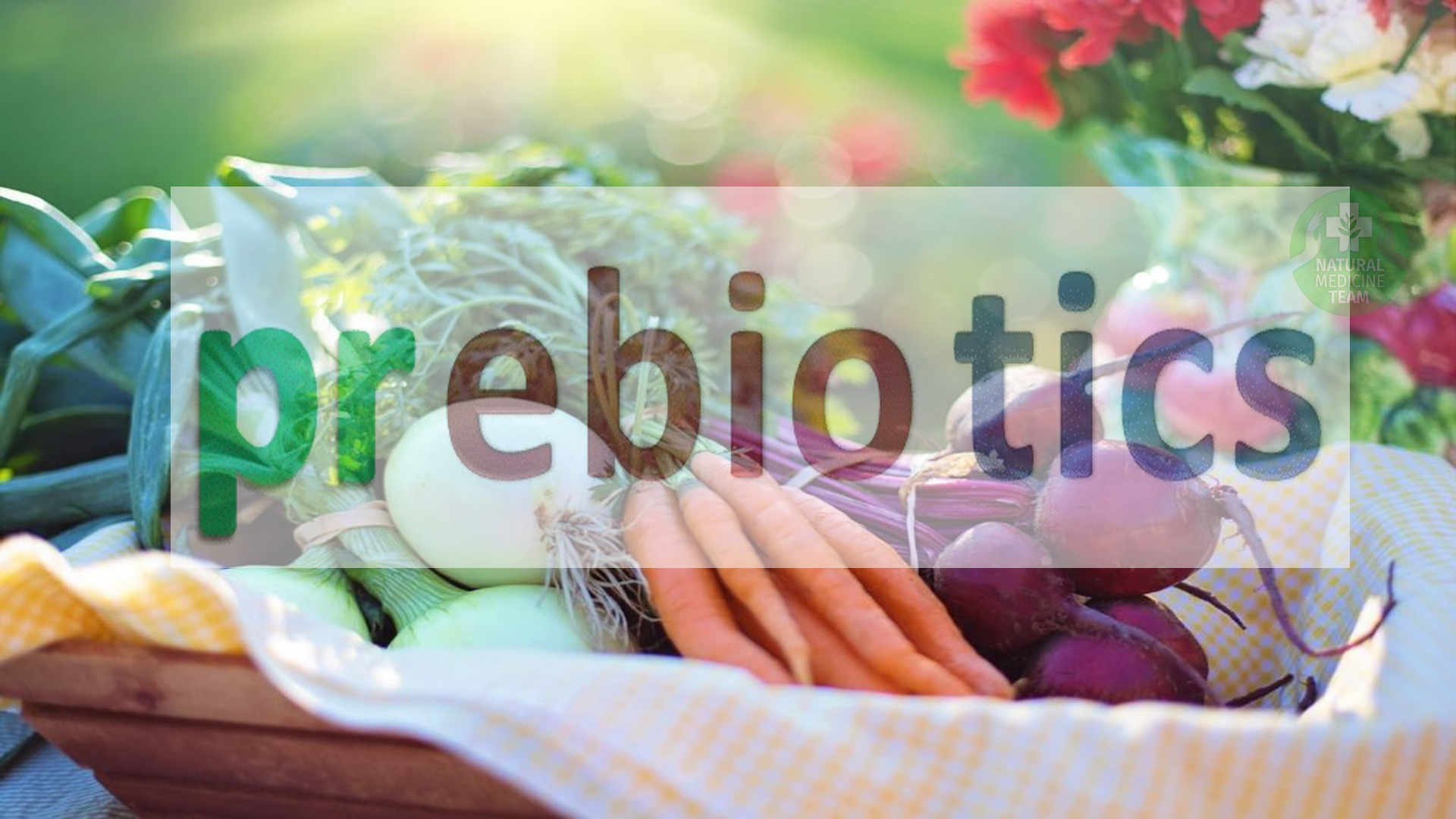It’s been a while since we have started using probiotics as the best choice of support for the immunity system and digestion. However, the influence the probiotics have on them is insignificant, or quite smaller if we omit the use and right dosage of their partner in crime – the prebiotic fibre.

Table of Contents
What are prebiotics?
The prebiotic fibre is a term that came to exist in 1995, though the fibre itself is, of course, not a human invention, only a substance that was not yet named. These plant fibres can be found in veggies, fruits, and starches, though they cannot be digested. Instead, the body uses them to promote the nourishment and further growth of good bacteria in the large bowel and colon.
The difference between the prebiotics and probiotics is that the probiotics introduce the good bacteria into the gut, whereas the prebiotics act only as the fertilizer for what’s already in there.
Moreover, the prebiotic powders are not affected by heat, cold, acid or time, as opposed to the probiotic bacteria that needs to be kept alive under certain conditions, and may be killed by many things among which the most prominent causes include heat, stomach acid, or simply die with time.
What makes the prebiotics a good supplement for our body?
- Weight watcher, the prebiotics help in controlling your appetite due to healthy gut hormonal changes
- Reduces anxiety
- Improves digestion
- Cancer protection and enhancement of the immune function
- It will lower inflammation, that is one of the root causes of diseases.
- Reduce risk of heart disease – Foods high in prebiotics reduce glycation, increases free radicals and lowers insulin resistance
- Improve the brain function – Prebiotics have a positive influence on the good bacteria in your gut, but also affect the gut-brain-axis.
- Improve your emotional and mental health – The mood-related disorders like depression and anxiety are often tied to gut health.
- Take care of the bone health – A study from 2007 found that prebiotics enhance absorptions of minerals in the body which are deemed crucial for retaining strong bones and preventing fractures and osteoporosis.
Foods Rich in Prebiotics
- Bananas
- Chicory Root
- Garlic
- Whole Grains
- Soybeans
- Potato Starch
- Onions
- Jerusalem Artichoke
- Asparagus
- Leeks
- Whole Grain Corn (Organic)
Prebiotic Supplements
- Inulin
- Raffinose
- Resistant Starch
- Acacia Gum
- Wheat dextrin
- Lactulose
- Oligosaccharides
- Polydextrose
